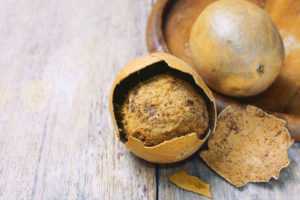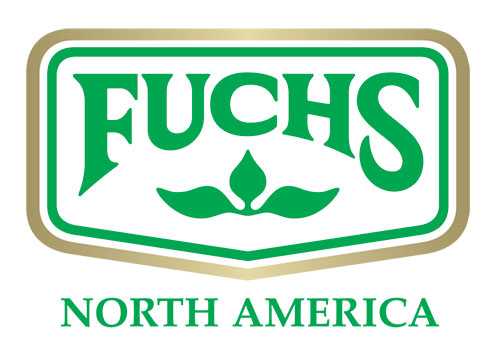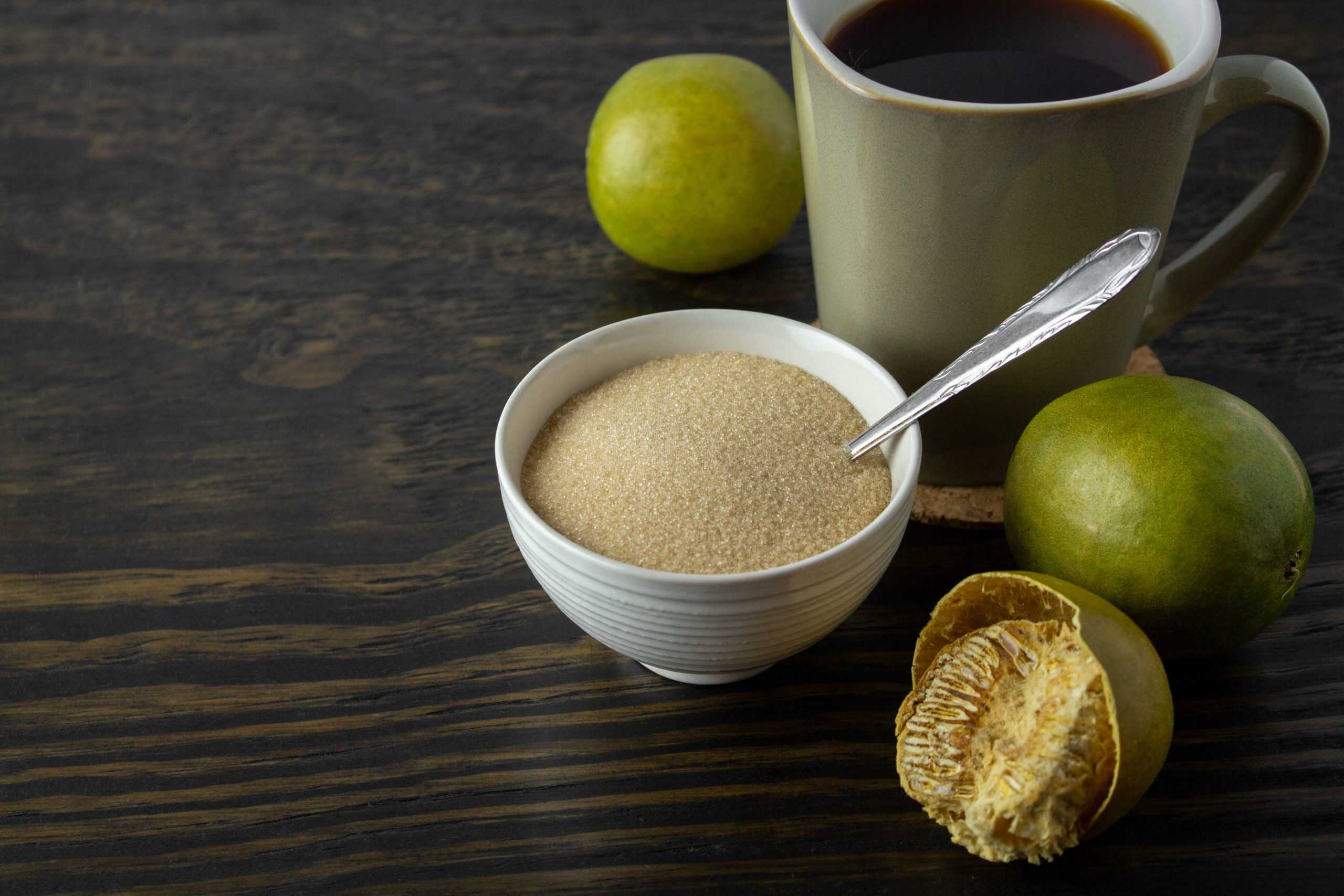What is 300 times sweeter than table sugar and is a natural ingredient? Monk fruit. Also known as Luo Han Guo, monk fruit is one of the top trending sugar alternatives. It is a small, vine-grown subtropical fruit, and its extreme sweetness is driven by organic antioxidants called mogrosides. Monk fruit is condensed into a juice concentrate, which is used in products as a sweetener. The alternative is mostly used in baked goods, where its binding capabilities replace the properties that sugar typically provides in products.
The Sugar Reduction Trend
The pandemic has brought health to the forefront of consumers’ minds, causing them to pay greater attention to the foods that they consume. Originally the health trend was focused mostly on immune boosting foods, but now it has been expanded into changing their eating behaviors to achieve holistic well-being. Even though sugar intake has long been a concern among consumers, sugar reduction hasn’t been a priority to consumers as much as it is today.

While consumer health and clean label are trend drivers when it comes to sugar reduction, so is sustainability. Sugarcane is the most produced food crop in the world. In 2019, the Food and Agriculture Organization reported that sugarcane globally yielded 2.1B tons. One kilogram of refined sugar takes 1,782 liters of water to produce – equating to two years’ worth of water for the average person. Decreasing the crops of sugar cane by utilizing other natural sweeteners, such as monk fruit, will positively impact the environment in the long run. As consumers grow more invested in conservation, they’ll prioritize brands that engage in sustainable practices and utilize environmentally conscious ingredients.
Where is Monk Fruit in Consumer Products?
Sugar is used in almost all food categories. Spoonshot reports that 32% of products contain an ingredient from the sugar family. From alcoholic beverages to baked goods, sugar is not only used for taste but functionally as well. For example, in condiments and sauces, sugar is functionally used for thickening and balancing tastes. Additionally, sugar is used as a preservative in canned goods. This poses a challenge when utilizing other natural sweeteners in food and beverage products; not only does it need to achieve the same sweetness level but also provide the same carrier properties as refined sugar does. This is where monk fruit shines; monk fruit is able to provide those binding and carrier properties needed for baked goods. Monk fruit also is used in combination with stevia, allulose, or inulin to provide the closest replacement to sugar.
Aside from the science behind monk fruit, products that contain monk fruit as a natural sweetener have many premium and trendy claims. According to Mintel, from 2016-2021, 38% of launches with monk fruit feature a GMO-free claim and 24% of launches with monk fruit have a plant-based ingredient claim. When products contain monk fruit juice concentrate, it requires a small amount due to its intense sweetness compared to refined sugar. This provides the opportunity for lower cost in products, making them more attractive to consumers when they are making their purchasing decisions.
Monk fruit is growing rapidly as a natural sugar replacement in baked goods, cookies, and bars due to its perceived health halo and scientific properties. New products will continue to utilize this unique and sweet ingredient as the sugar reduction trend continues to catch on.
Looking to use a natural sweetener in your seasonings? Our R&D team has expertise in formulating with sugar replacements. Contact us here to gain more insight on how we can help you create something special!



 For more information about Fuchs North America's products and programs that support food manufacturers in their product development needs, please
For more information about Fuchs North America's products and programs that support food manufacturers in their product development needs, please